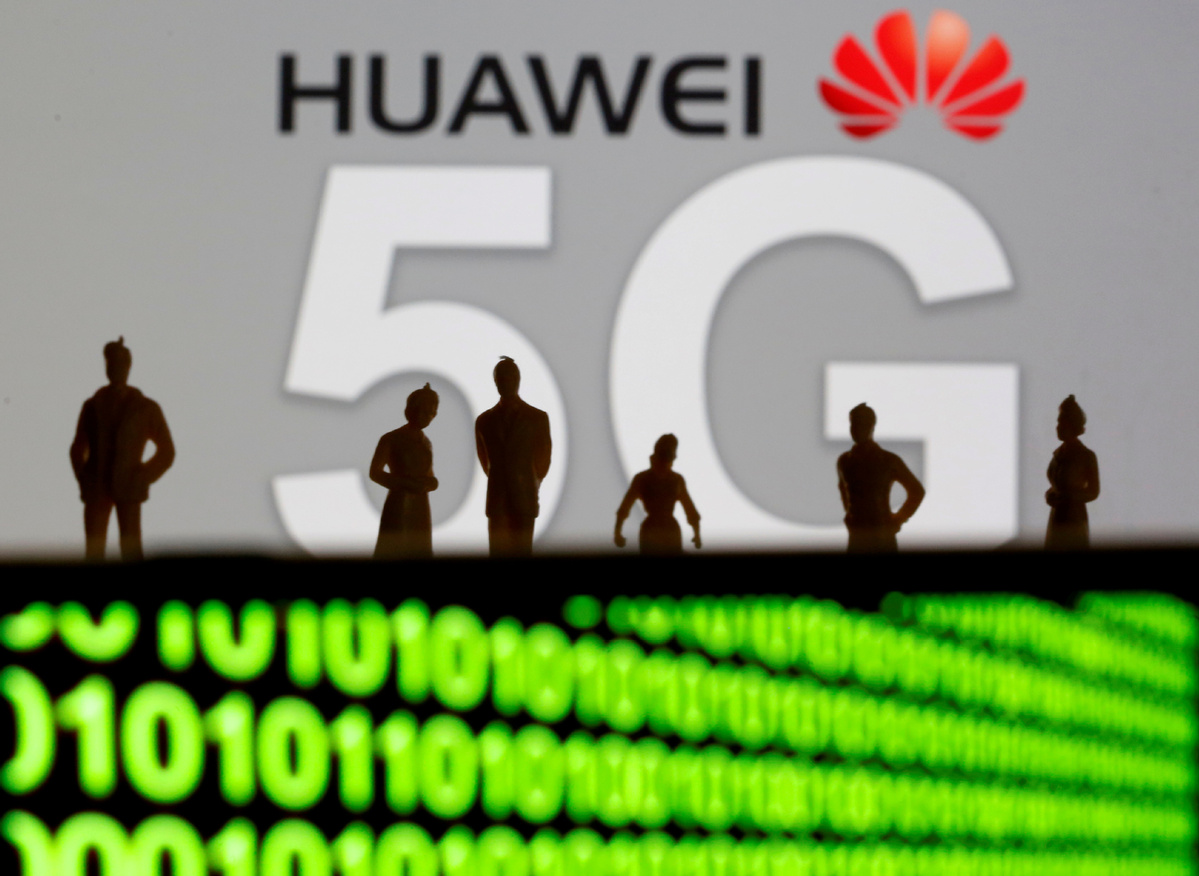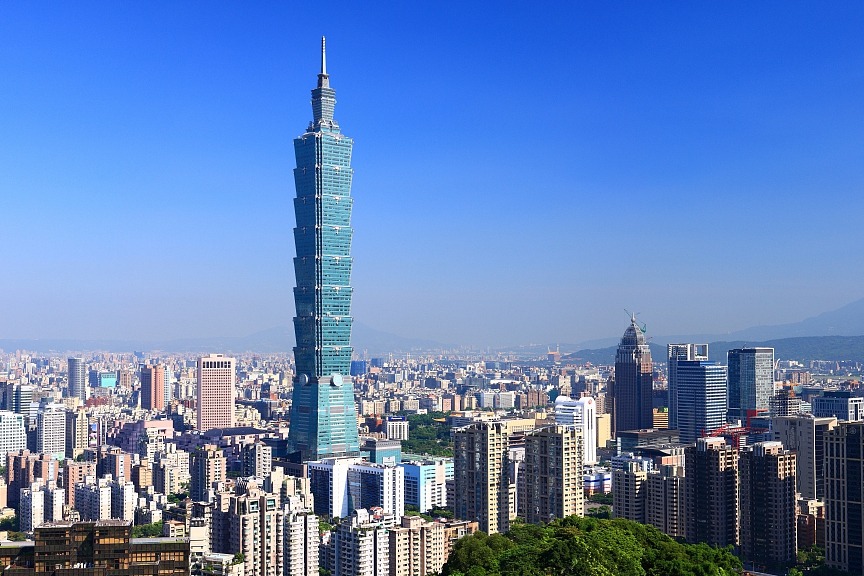US politicians losing selfish war against Huawei on 5G rollout


Huawei Technologies Co on Feb 20 announced in London that it has secured over 91 commercial 5G contracts worldwide, with 47 of those deals being based in Europe. The total jumps from an estimated 60 or so from October last year, sustaining its lead as the world's largest supplier of 5G patents ahead of Nordic competitors Eriksson and Nokia.
The news comes very timely, amid a period whereby the United States government is stepping up their campaign to globally isolate the Shenzhen based telecommunications firm as part of their technology assault against China.
Just days ago, the Munich Secretary Conference in Germany saw US heavyweight politicians, including Mike Pompeo, Mark Esper and Nancy Pelosi, demand that allies in Europe shun business with Huawei, accusing the company of being a "Trojan horse" for Chinese intelligence.
Just before the event, the US Department of Justice unveiled new criminal charges against the firm accusing it of racketeering and technology theft, something Huawei rejected as "recycled, settled" cases and ultimately political scoring above the pursuit of justice.
The US has also placed relentless pressure on the United Kingdom to ban the company, despite a decision by British Prime Minister Boris Johnson to approve its role in the country's 5G network.
However, it is quite obvious that the US administration is losing its war against Huawei; not just narrowly, but overwhelmingly.
A failure to appreciate the national interests of countries using it, reliance upon hysteria above empirical fact and the complete absence of an alternative have left Washington's demands ignored on a broad scale, with only its close ally Australia moving to ban the firm and Japan closing in.
On the other hand, blacklisting Huawei Technologies Co from American markets has also failed to deprive the company of core components, something that has produced disagreement and contention behind the scenes in the White House, illustrating tacit recognition that business with the firm is in America's interest.
Why is their campaign against Huawei failing? The first reason is that most countries are not naive and recognize it is politically motivated by American strategic goals. In making allegations against the company, the US has failed to offer substantial or convincing evidence to its allies to justify the demand that it should be excluded completely.
American politics is known for how it whips up hysteria and fear in order to justify a belligerent foreign policy. As a result despite the mainstream media replicating their narratives, few governments in practice found the White House pleas convincing or sincere.
Even British intelligence services did not believe including Huawei proved an unmanageable risk, despite a so called "smoking gun" dossier given to UK officials by Washington.
Second, the US politicians have been unable to offer an alternative in banning Huawei. They have been asking other countries to effectively ban and exclude a technology that they themselves do not have. Huawei is the world's premier telecommunications firm and offers leading, high quality fifth generation internet technology at affordable prices. To exclude oneself from that equipment is to impose tremendous costs and setbacks on any country, which for Britain would have been quoted at an estimated £5 billion had they banned it.
Moreover, Washington has failed to come up with any serious ideas. Some officials have recommended developing a US 5G, but would already be behind by the time it was created, and others have said the country should literally buy a competitor such as Nokia, provoking condemnation from Finland's government.
Given this, Washington's Huawei campaign has consisted of a lot of noise with little generic substance.
The US is also divided on its goal. Facing heavy pressure from Silicon Valley CEOs who want to do business with the company, some officials have urged a more pragmatic approach, whilst others have been more relentless in their ambitions to completely destroy the company.
This has produced a running dispute over whether Washington should limit the export of more components to the firm, with the Pentagon contesting that this will hurt American innovation in the end.
This dilemma reveals that the US administration at large has failed to be honest with itself about Huawei, and shown little serious confidence in its own pursuit which has further hindered its own credibility when attempting to sell the message to other countries.
The US-solicited conflict may be far from over, but momentum is not on Washington's side. The more and more countries refuse to ban it, the less and less the rest of the world will be inclined to take notice.
European countries will follow not what the US wants, and some have already ruled out similar bans.
Given this, Huawei is a company which is surviving against the odds. A relentless top-down campaign against the firm by the world's sole superpower has failed to dislodge it as the world's leading provider of 5G.
Washington must now come to terms with this reality and drop this opportunistic hostility, save it continues to isolate itself from next-generation technology.
The author is a British political analyst, writer and columnist. The views do not necessarily reflect those of China Daily.


































